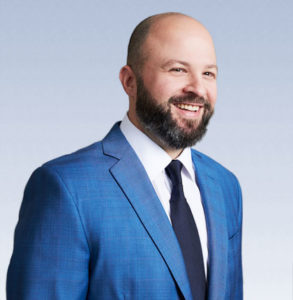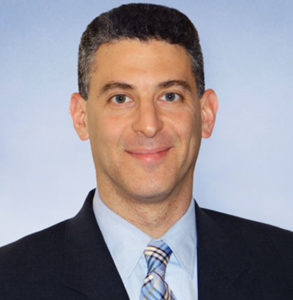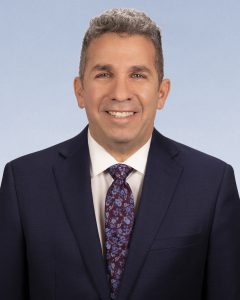Large Firm Service. Small Firm Attention.
SHARE
Advance Care Planning: How Your Doctor Can Help with End-of-Life Care
Published September 16, 2013
Despite a push by advocates for advance care planning, most Americans do not have a living will or other advance health care directive in place. This includes even many patients with serious health conditions, who should be considering end-of-life decisions such as whether they want to be resuscitated or intubated, and who is designated to make decisions about their care if they are incapacitated.
Much of the push has been directed toward encouraging people, especially those advanced in age or facing a serious illness, to discuss end-of-life decisions with their loved ones. Recently a team at the University of California, San Francisco found success with a new approach: offering doctors incentives for documenting their patients’ advance care decisions.
The research team came up with a simple form for doctors to use, asking patients whether they had preferences regarding end-of-life care, whether those preferences were recorded anywhere, such as in a living will, a brief summary of those wishes, and the identity and contact information of any person designated to make health care decisions for the patient.
If residents recorded that information for at least 75 percent of patients discharged, they got a $400 bonus. The program worked, bringing the percentage of patients who had their preferences recorded up from 22 percent to 90 percent.
The program is a good reminder that setting up an advance health care directive can be a fairly simple and straightforward process.
For more information about our elder law services, visit www.elderlawnewyork.com.
Categories
Recent Posts
Explore In-Depth

Corporate & Securities

Elder Law & Estate Planning

Special Needs Planning

Special Education Advocacy


















